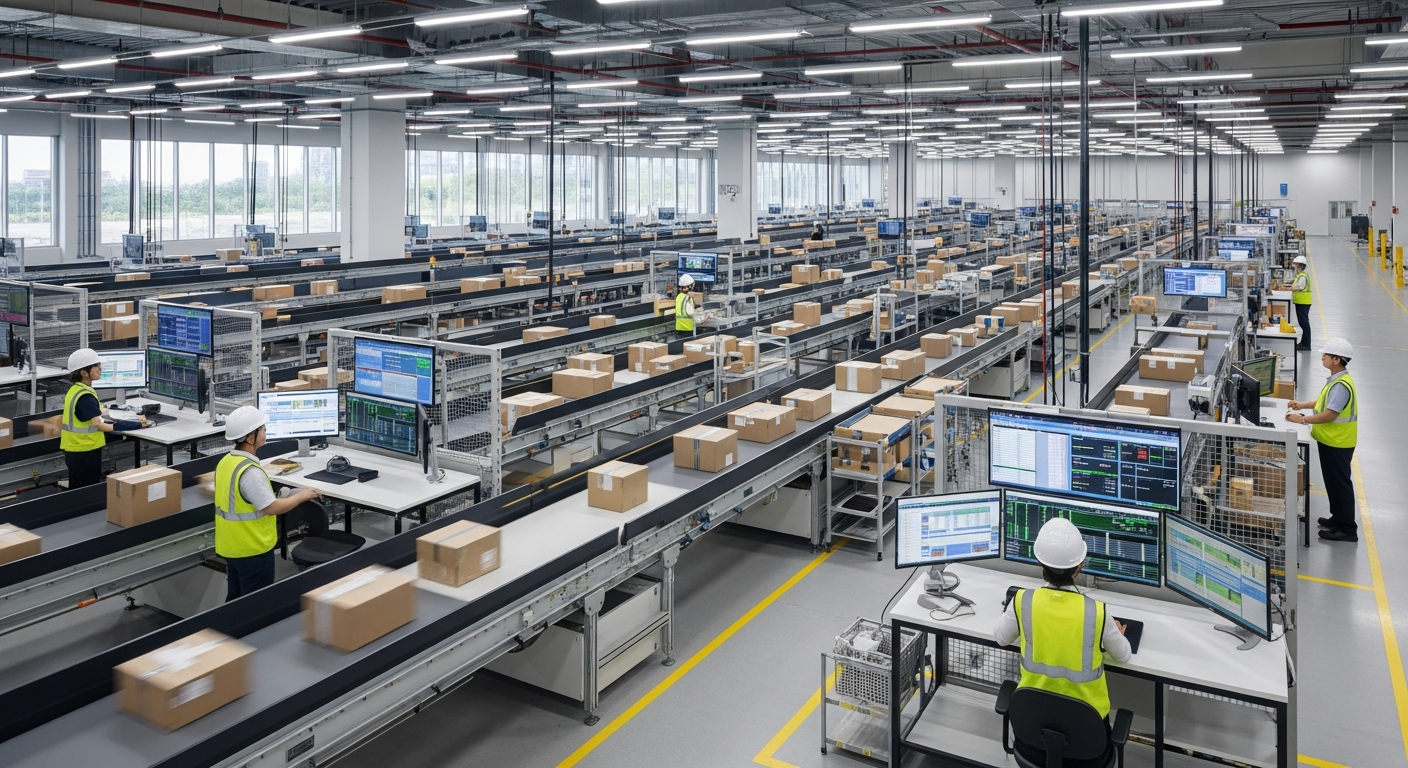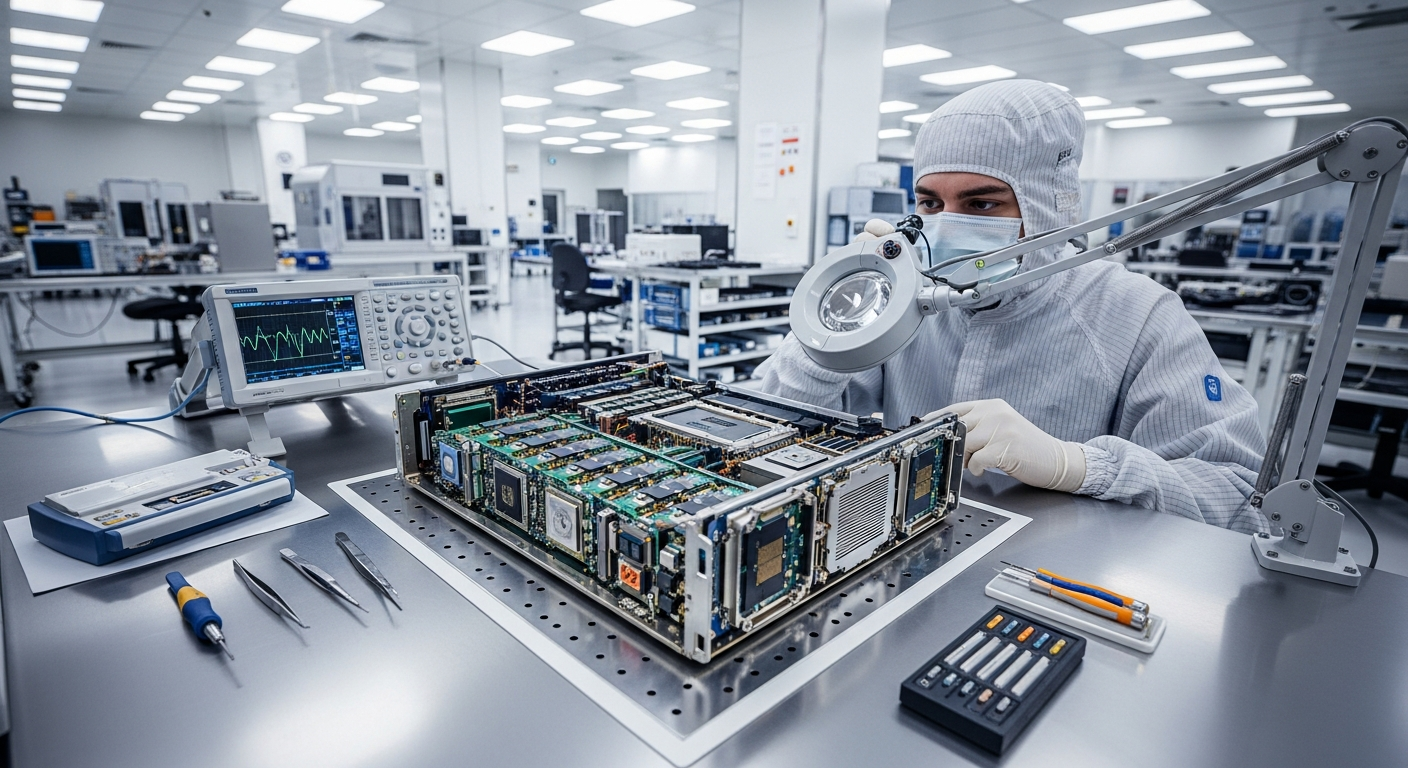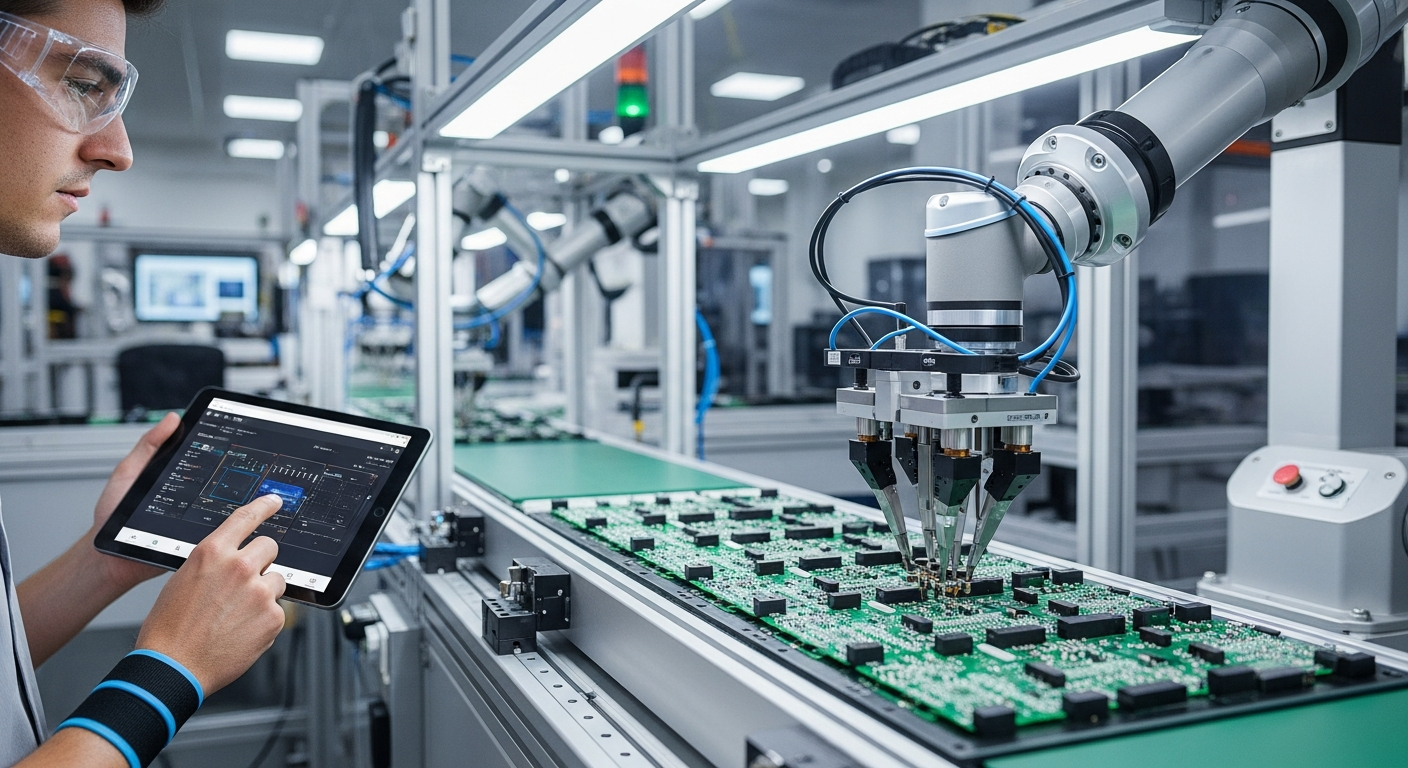Shaping the Future of Business: The Role of Industrial Internet of Things
Introduction: In the business and industrial landscape, one disruptive force has been quietly reshaping operations and processes: the Industrial Internet of Things (IIoT). This article delves into the rise of IIoT, its impact on businesses, and the potential challenges it presents.
The Dawn of Industrial Internet of Things
The concept of the Internet of Things (IoT) first emerged in the late 1990s, but it wasn’t until the past decade that it started to significantly influence industrial practices. The application of IoT in the industrial sector, known as Industrial Internet of Things (IIoT), is changing the face of business operations. IIoT integrates machine-to-machine communication, industrial big data analytics, and automation, paving the way for smart factories and Industry 4.0.
A Closer Look at IIoT’s Impact on Business
The adoption of IIoT has provided businesses with numerous benefits. First, it enhances operational efficiency by enabling real-time monitoring and maintenance of machines and processes. Second, it provides actionable insights that drive decision-making, leading to improved productivity and profitability. Lastly, it allows for greater flexibility and customization in manufacturing, meeting the increasing consumer demand for personalized products.
However, implementing IIoT is not without its challenges. Security issues, including the risk of cyber-attacks and data breaches, are a major concern. There are also significant costs associated with integrating IIoT technology into existing operations. Furthermore, there’s a pressing need for skilled personnel to manage and maintain these advanced systems.
Bridging the IIoT Skills Gap
One of the main hurdles to IIoT adoption is the skills gap. Businesses need workers who are adept at handling new technologies and interpreting the vast amounts of data generated by IIoT systems. To bridge this gap, companies must invest in training and development programs that equip their workforce with the necessary skills. Collaborating with educational institutions to develop industry-aligned curricula can also help cultivate the next generation of IIoT-savvy workers.
Practical Insights for IIoT Implementation
-
Start small: Begin by implementing IIoT in one area of your operations to gauge its effectiveness before rolling it out on a larger scale.
-
Invest in cybersecurity: As IIoT systems are vulnerable to cyber threats, robust cybersecurity measures are essential.
-
Upskill your workforce: Ongoing training and development is crucial in equipping your workers with the skills necessary to manage IIoT systems.
-
Collaborate with experts: Working with IIoT experts can help guide your implementation strategy and ensure you’re making the most of this technology.
The Road Ahead for IIoT
The Industrial Internet of Things is undeniably shaping the future of business. Despite the challenges it presents, the potential benefits of IIoT for operational efficiency, productivity, and profitability are significant. By investing in the right technologies, developing a skilled workforce, and prioritizing cybersecurity, businesses can harness the power of IIoT and steer their operations towards a promising future.
In the face of rapid technological advancements, the ability to adapt and innovate will be key to staying competitive. And as we move further into the era of Industry 4.0, the role of IIoT will only continue to grow. The journey may be complex, but the rewards are worth the effort.







